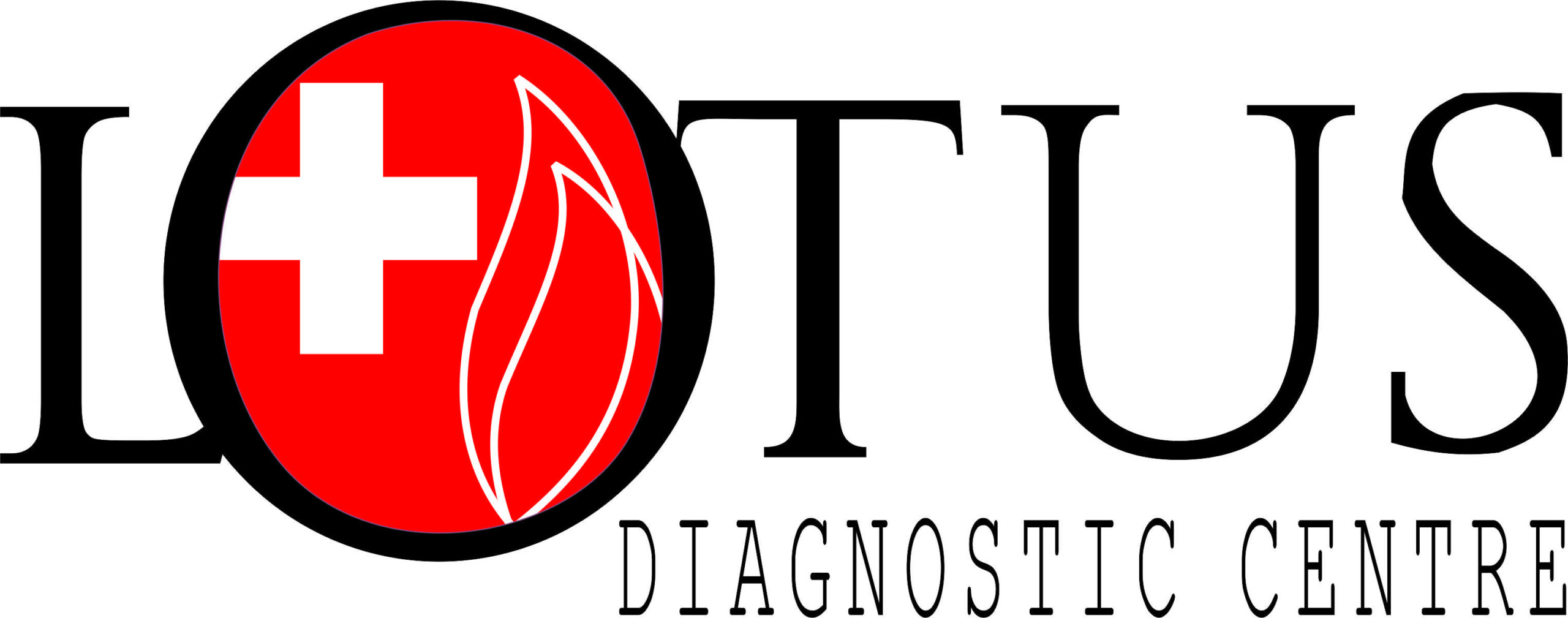Creation – The True Essence of Life
Procreation is an incredibly complex and fascinating process. From fetal medicine to assisted reproductive technology, modern science has unlocked the secrets to understanding conception and fetal development. For generations, people have been able to bring new life into the world thanks to a better understanding of fetal health.
It involves much more than just the act of creating a baby. As fetal medicine has advanced, so too has our understanding of prenatal development and the various health risks associated with it. With the improvement in technology, new methods of fetal monitoring, diagnosis and prognosis mean that parents can be given a more detailed understanding of their baby’s health early on in their pregnancy. Our medical capabilities provide us with opportunities to detect birth defects earlier and take steps to improve fetal health before labor begins. Procreation is not only about creating a newborn, but it is also about safeguarding fetal well-being in the hope of bringing a happy, healthy baby into the world.
What is Fetal Medicine
Fetal medicine is a subspecialty of obstetrics and gynecology that focuses on the diagnosis and treatment of medical conditions of the fetus. It is a relatively new field, with practitioners specializing in the most cutting-edge techniques for diagnosing and treating pre-birth issues.
Foetal/fetal medicine, otherwise known as maternal-fetal medicine (MFM), focuses on addressing issues that a mother and her unborn child may experience before, during, or even after the pregnancy. This field of study is also referred to as perinatology. Fetal medicine specialists are obstetricians/gynecologists who have received additional training in evaluating and managing high-risk pregnancies. With comprehensive knowledge of medical, surgical, and genetic complications related to gestation periods. These specialists play an important role in promoting healthy outcomes for expecting mothers and their babies around the world.
Patients may be referred to fetal medicine specialists for assessment and/or management if they experience complications during pregnancy or if there are concerns about their unborn baby’s health.
What Does a Fetal Medicine Specialist Do?
Fetal medicine specialists are highly trained experts in prenatal care, capable of providing advice on a wide range of issues related to the health of an unborn baby. They use advanced imaging technologies such as ultrasound, MRI scans, and genetic testing to diagnose any potential problems or abnormalities before birth. In addition to diagnosing pre-birth conditions, fetal medicine specialists can also provide counseling regarding other pregnancy issues such as fertility treatments, nutrition advice, lifestyle modifications, pain relief measures, etc. Prenatal counseling can also help determine if the fetus has any genetic or chromosomal abnormalities. Through these tests, fetal medicine specialists can assess the health of both mother and baby so that they can plan appropriate treatments during pregnancy or postnatal care if needed.
When Should I See a Fetal Medicine Specialist?
A fetal medicine specialist is an important member of the healthcare team that provides care to women who are pregnant and expecting a new addition to their family. It is important to seek the services of a fetal medicine specialist whenever there are signs or symptoms that may indicate a fetal issue in order to ensure the health and safety of both mother and baby.
Patients will often be referred to a fetal medicine specialist if they experience any kind of complication during pregnancy or if their ultrasounds show signs of potential problems with their unborn baby’s health. Common reasons for referral include preterm labor (before 37 weeks), placenta previa (when the placenta covers part or all of the cervix), decreased amniotic fluid (oligohydramnios), twin-to-twin transfusion syndrome (TTTS) which occurs when identical twins share one placenta and one twin receives more blood supply than the other due to an imbalance in placental vessels). Additionally, women who have had multiple miscarriages may also be referred for further evaluation by a fetal medicine specialist.
Fetal medicine specialists work with pregnant women and their families to develop a safe plan of care tailored to each individual fetal diagnosis. Treatment options may include fetal surgeries, fetal therapies, or medications.
Which conditions are treated through fetal medicine specialists?
Structural Abnormalities
Structural abnormalities are one of the most common types of issues treated by fetal medicine specialists. These include congenital defects like cleft lip or palate, as well as disorders like Down Syndrome or spina bifida. Through ultrasounds, genetic testing, and other diagnostic methods, doctors can detect these abnormalities early in pregnancy so that parents can make informed decisions about their baby’s care. In some cases, medications or treatments can be provided in the uterus to help improve the baby’s prognosis after birth.
Growth Issues
Fetal growth issues are another common issue treated by fetal medicine specialists. These can include intrauterine growth restriction (IUGR), which occurs when an unborn baby doesn’t grow at a normal rate while in the womb; macrosomia, which refers to an abnormally large fetus; or preterm delivery due to growth-related complications. Doctors may use ultrasound imaging or other tests to monitor the baby’s size and development, and provide treatments to ensure that the baby is growing properly.
Infections
Infections such as rubella (German measles) or toxoplasmosis can cause serious health problems for unborn babies if not detected early on. Fetal medicine specialists are trained to recognize signs of infection in pregnant women and provide appropriate treatment for both mother and child before birth. They may also provide advice on how to reduce exposure to certain infections during pregnancy, such as avoiding certain foods that may contain toxoplasmosis or avoiding contact with animals that could carry diseases such as rabies.
Previous Pregnancy issues
Fetal medicine has been shown to be extremely beneficial in helping reduce complications from previous pregnancies. Through fetal medicine, doctors are able to detect and manage fetal health conditions before they become serious or even fatal. This helps ensure the health of both mother and baby throughout the pregnancy and beyond. Additionally, fetal medicine can help reduce the risk of preterm birth, fetal growth restriction, and stillbirths.
Multiple gestations
The practice of fetal medicine is an essential part of reducing the risk of complications that can arise from multiple gestations. Fetal medicine focuses on preventing, diagnosing and treating fetal conditions before birth. This includes genetic screening, fetal imaging and monitoring fetal development in the uterus.
Tests conducted
Some common tests used in fetal medicine include:
- Amniocentesis (testing for genetic diseases)
- Chorionic villus sampling (testing for chromosomal abnormalities)
- Ultrasound scans (checking for physical abnormalities)
- Doppler flow studies (measuring blood flow to the fetus)
- Nonstress test (measuring heart rate)
- Biophysical profile testing (assessing how active your baby is in the uterus)
- Umbilical artery testing (measuring oxygen levels)
Are there any risks associated with these treatments?
There are always risks associated with any medical procedure but most risks associated with fetal medicine are minor and temporary such as bruising around the injection site or some discomfort during amniocentesis. However more serious complications such as infection or miscarriage can occur although this is rare.
Your doctor will go over all potential risks prior to performing any diagnostic tests or treatments so it is important that you ask questions if you have any concerns so that you fully understand what potential risks may exist before making any decisions about treatment options for your baby’s health during pregnancy. Nonetheless here are a few risks that you should be aware of in general.
Risk of Premature Birth
One of the most common risks associated with fetal medicine is premature birth. This is because certain procedures require doctors to insert instruments into the uterus, which can cause contractions or stimulate labor. In some cases, interventions such as amnio infusions can be used to help prevent preterm labor. However, these interventions themselves carry their own set of risks.
Risk of Complications During Delivery
Another risk associated with fetal medicine is that complications can arise during delivery due to the intervention taking place before or during birth. For example, if a procedure was performed during pregnancy that caused scar tissue inside the uterus, it could make delivering vaginally more difficult and may lead to an emergency cesarean section being necessary. Additionally, interventions performed on fetuses can also cause problems for newborns after they’re born—for example, a baby who had surgery before birth may need additional care after delivery due to complications from the surgery itself or from the anesthesia used during the procedure.
Risk of Unforeseen Long-Term Effects
Finally, there’s always a risk of unforeseen long-term effects when performing any medical intervention on a fetus—both physical and psychological effects can occur months or even years after a procedure has been completed. It’s important for parents and medical professionals alike to be aware that these risks exist so they can be prepared in case any issues do arise down the line.
However, the risks associated with fetal medicine should not discourage people from seeking out this type of care when needed. Instead, they should serve as an important reminder that all medical decisions must be made carefully and thoughtfully in order to ensure that both mother and baby are safe throughout (and after) any interventions performed during pregnancy.




